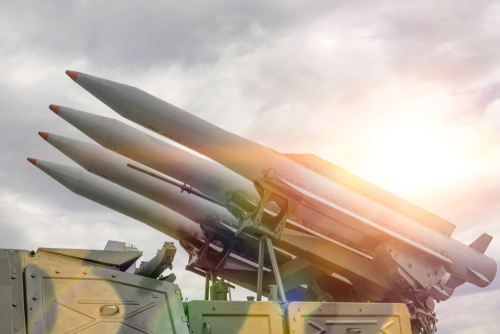
The Nuclear Threat Initiative (NTI) released a report assessing the five new nuclear weapon systems announced by Russian President Vladimir Putin.
Based on its analysis, NTI called for an extension of the New Strategic Arms Reduction Treaty or START Treaty.
The report, called Russia’s New Nuclear Weapon Delivery Systems: An Open-Source Technical Review, looks at the technical characteristics, deployment schedule, and military objectives for each of the five systems, along with one additional system that may come out in the future.
Author Jill Hruby, NTI’s Sam Nunn Distinguished Fellow and a former director of Sandia National Laboratories, said the strategic relationship between the United States and Russia continues to deteriorate. Thus, an understanding of the new Russian nuclear weapon delivery systems is important for future arms control agreements and policy decisions.
“The development of these weapons systems at this particular time, as well as some of the nuclear policies the United States is pursuing, should be a wake-up call for action on renewing dialogue and cooperation with Russia to prevent nuclear catastrophe,” NTI co-chairs Ernest Moniz and Sam Nunn wrote in the foreword to Hruby’s report.
Hruby found that technical and safety issues may delay the development of Russia’s new weapon delivery systems. Moniz and Nunn said this presents a window of opportunity to “re-engage and renew crucial dialogue and cooperation.”
The new START treaty is set to expire in 2021 but could be extended to 2026.
“Extending New START until February 2026 would preserve numerical limits on and verification of Russian strategic systems, including the two new ones expected to be deployed before 2026,” NTI experts Mark Melamed and Lynn Rusten wrote in an accompanying analysis. “It is critical to examine how the risks of technological advances can be mitigated and their benefits realized, particularly when it comes to avoiding the existential threat of nuclear war.”




